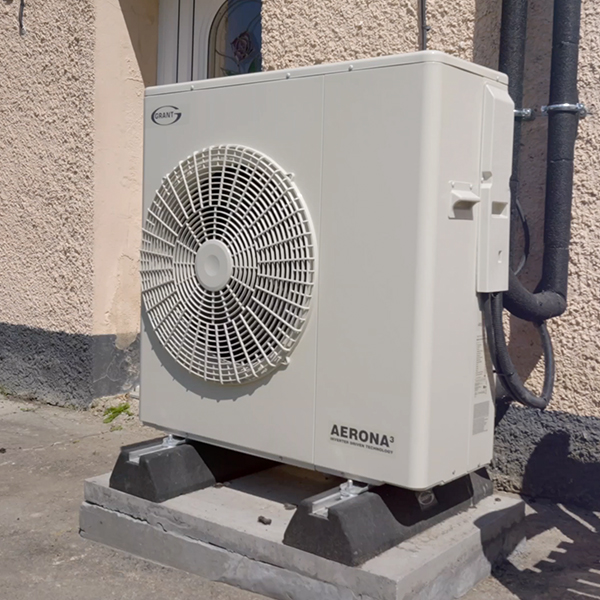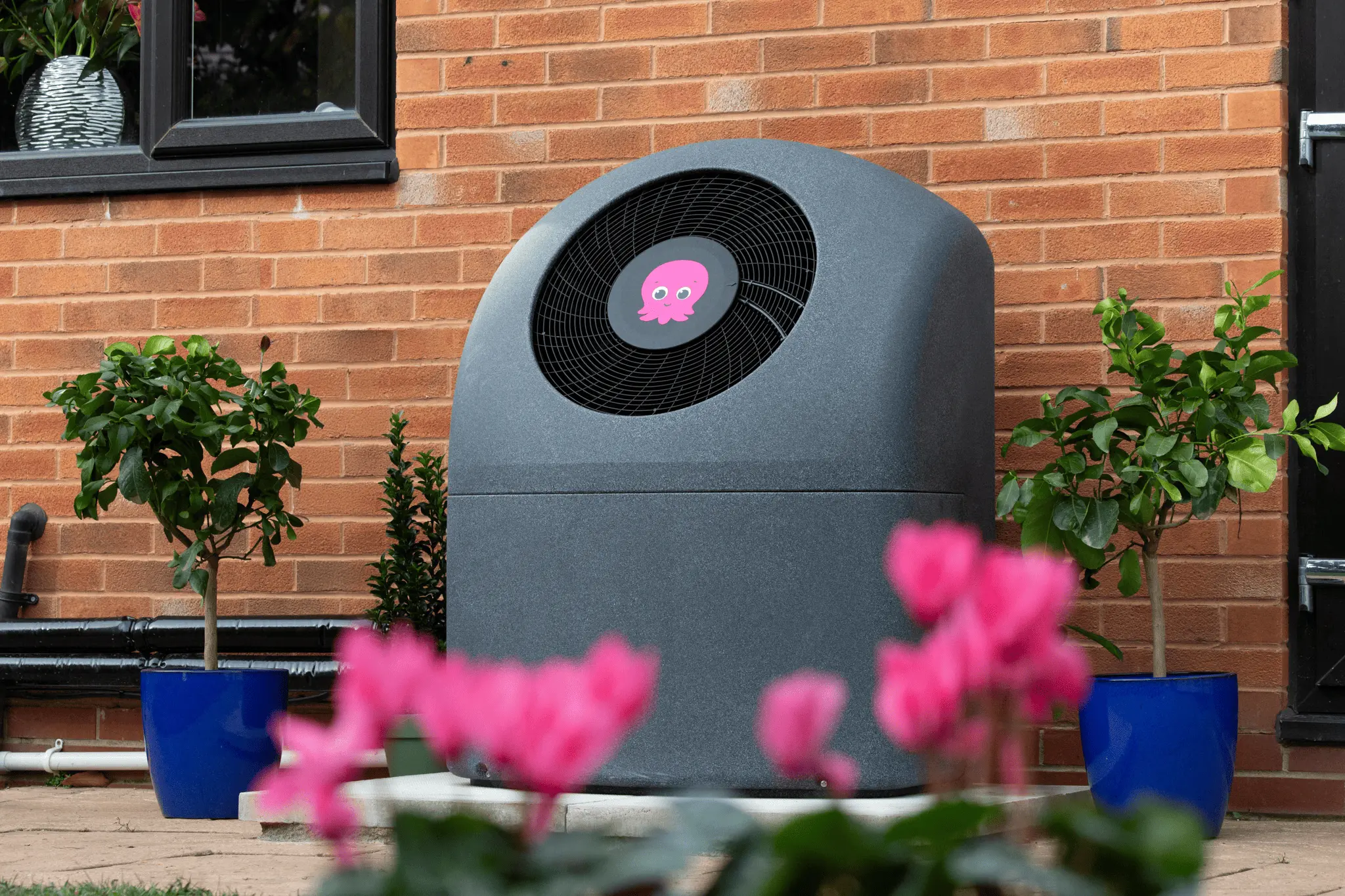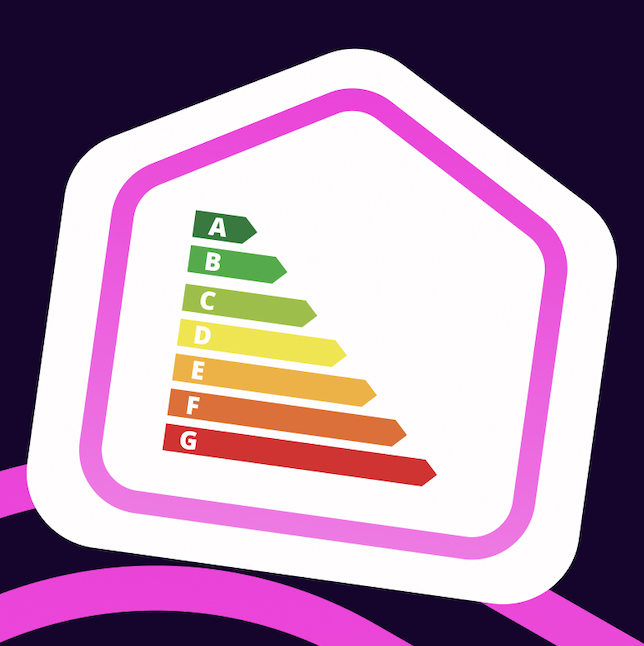The Future of Wales: Path to Net Zero Event
What a day! Our first event at ICC Wales was full of energy, ideas, and collaboration as we explored how Wales can lead the journey to Net Zero. With inspiring speakers and real-world solutions from Octopus Energy, Elmhurst Energy, Smart Energy Homes, Warm Wales and Leeds Sustainability Institute, the future feels bright.








